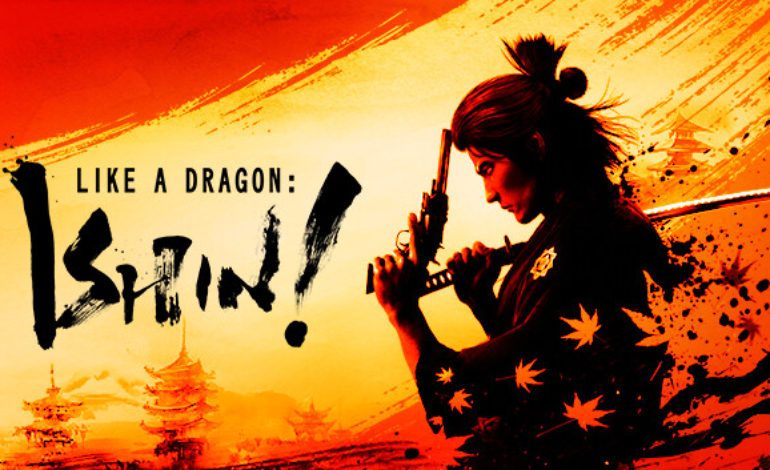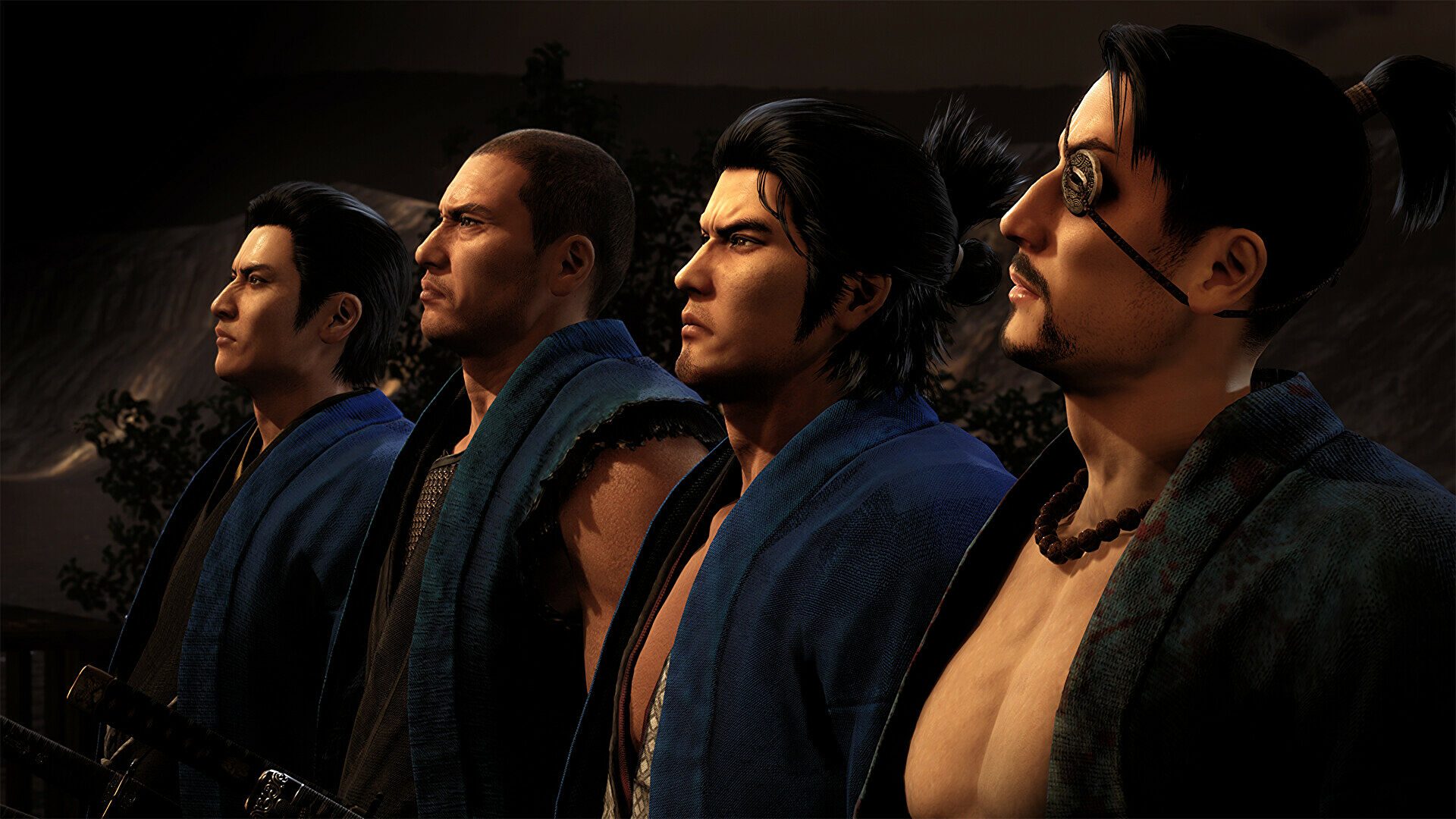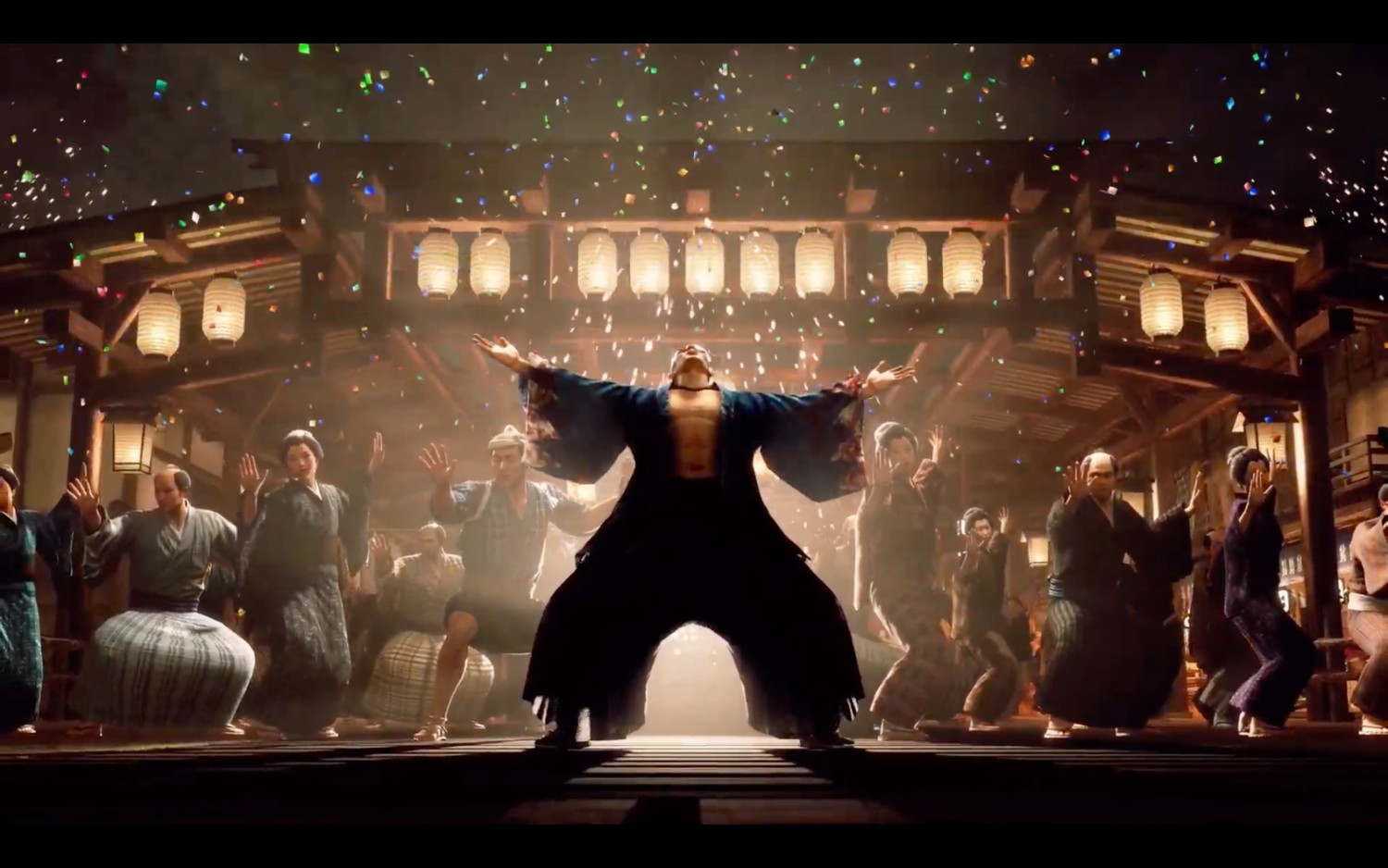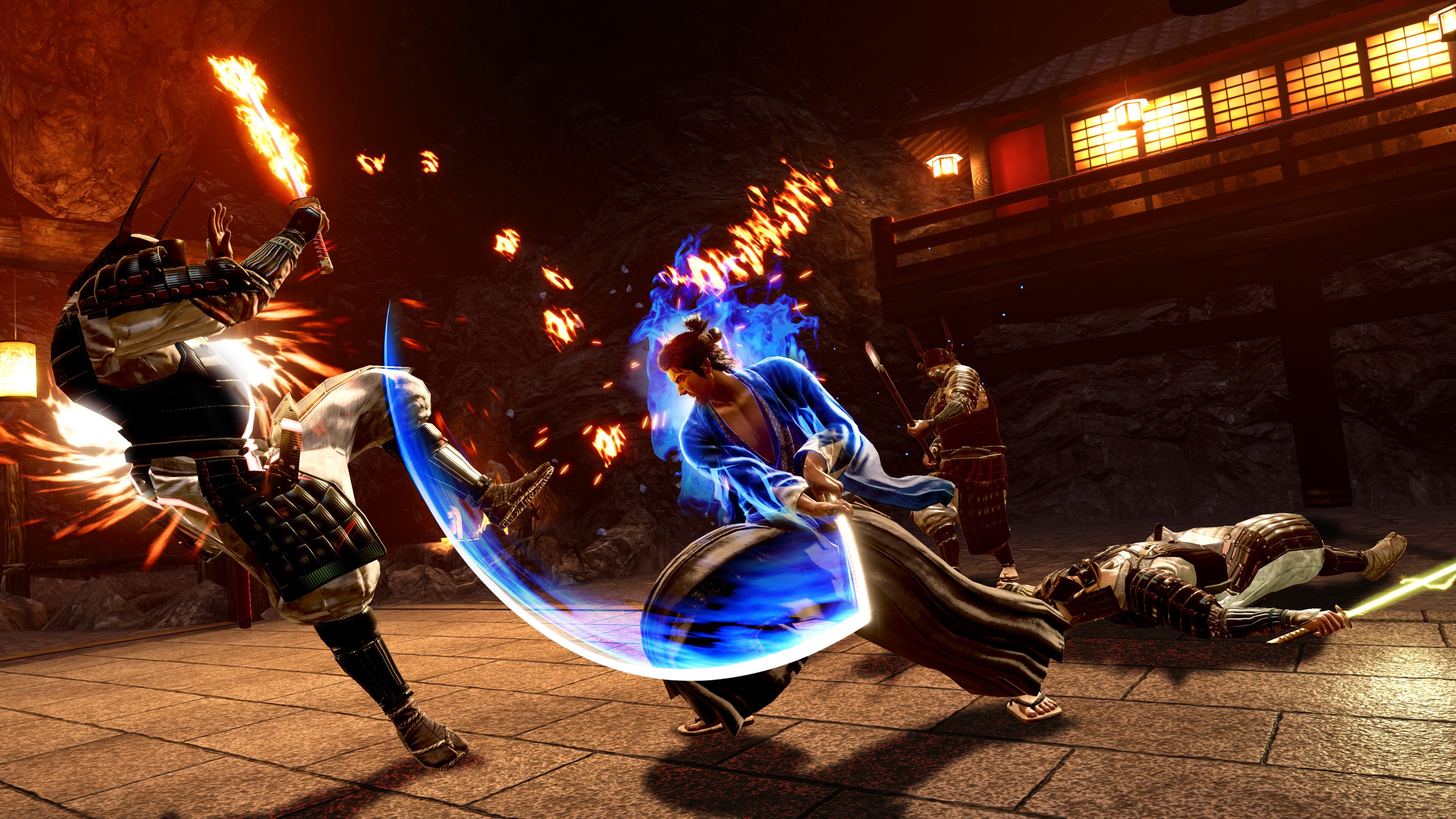

It’s crazy to think that in the course of six years, Yakuza, or now Like a Dragon, has gone from being a niche underground series from Japan to turning into one of the main pillars of Sega’s game releases along with the likes of Valkyria Chronicles & Sonic the Hedgehog. I say this because it was a fading pipe dream that we would ever get this specific release in the Yakuza series in the West, mainly because of how routed in Japanese history this one is. So, to the shock of everyone, when back in September, after nearly ten years of requesting, Sega revealed a full-fledge remake with elements of the Yakuza games that came after being implemented here while being released worldwide was jaw-dropping. I say this after spending 60-plus hours in mid-19th century Japan, that this was a good time, though if the game lived up to the years of self-placed hype, this was sadly a disappointment for many reasons that aren’t the game’s fault entirely but are primarily placed on time passing.


You play as real-life figure Sakamoto Ryōma, a person I knew nothing about before playing this game, who is designed here after series staple Kazuma Kiryu. That is something you will quickly pick up on if you are a long-time Yakuza fan, that this whole story is presented more like a cosplay historical play with the same emotional beats of any other Yakuza game. I can say with a straight face I was that Leonardo DiCaprio meme throughout the majority of the story, pointing out characters that I knew from past games.
As for the story here, you return back to your hometown of Tosa, which is in the middle of a hostile class divide; you meet back up with your sworn brother Takechi Hanpeita, along with your adoptive father, Yoshida Tōyō. Shortly after arriving, the typical Yakuza story beats start to pop up, your father is assassinated by a masked man, and you are given the blame for it simply by being in the same room when the cops show up. Ryōma decides to leave Tosa in a hunt for the masked man to clear his name. This is the point where the game truly opens up, and then you can get into the meat of what makes Yakuza such a unique experience, and that is a large number of detailed side activities and side stories.
The stories outside the main story are where the pure insanity of the game truly lies, and they give the player a nice change of tone from the seriousness of the overall plot. They can vary in what you need to do; one of them has you being dragged to a school to teach students about this new thing called a globe. Another has you hunting down vegetables for the one kid in this world who happens to love them. But the one I found the most entertaining was one where a British sailor comes up to shore, and everyone is scared, but really, he is just on the verge of throwing up from being at sea. There is a large amount of these types of stories in the game, and just when you think you have completed all of them, ten more show up right behind you. That is only half of what you can do off the beaten path; the other half is a collection of minigames.
The amount of stuff you can do outside is limited when compared to other Yakuza games, but the game makes it up by being very detailed and fun. My favorite one was a classic that is Karaoke, where the game turns into Guitar Hero for a few minutes as you hit the buttons to the beat of new and easily catchy songs; even while writing, I’m still humming some of the selection. You also have a collection of gambling games, most of which are unique to the time period, like Koi-Koi, Oicho-Kabu, Cee-Lo, and of course, the classic Mahjong, which I am not the best at, but I wanted to get better at it. You also have Poker if you want a simple gambling experience, and you can also bet on chicken races which is interesting. You also have the oddball minigames like wood chopping to a beat where you can quickly lose track of time by focusing on keeping the beat. Along with fan dancing to traditional Japanese songs from the era, which plays like DDR. You also have fishing, cooking, and, my 2nd favorite of the bunch running an Udon shop making noodles. But you also have the combat-focused ones, like a battle arena to gain money and skills.


As for the combat, this is where the game’s issues start to pop up, and that’s mainly due to time and design. Because like I briefly mentioned, this game was originally released in Japan only back in 2014. So, the game’s design and combat does feel a bit dated. That’s mainly because the games following this one were the ones that finally put Yakuza on the map in the West, Yakuza 0 & 6. So here, even with the changes to make the combat more modern, it is still very easy to button-mash your way through the game, spinning like a madman with your Katana. With that said, there are more options for combat; you have your fists along with a katana, a gun, or a combo of both. That being said, any long-time fan will quickly find the image of Ryōma holding a gun to be cursed, but it was something I was able to get used to in no time. The leveling-up system from Yakuza 0 is back, except instead of spending a large amount of money on yourself, you get combat orbs when engaged in combat; the more times you use a specific style, the more orbs for that style you will receive.


The game’s issues start to show their head around the midpoint when you come across the handful amounts of technical issues. The main issue stems from the fact that this is the first Yakuza game to use Unreal Engine, as opposed to the polarizing Dragon Engine the series has been using for the past seven years, and it comes with mixed results. I was able to get used to the pop-in every time the camera would cut to a close of a character’s face, which was passable. What slowly became an issue was when the game decided to stop reading my button inputs and ruining my combos, this would be ok if it happened once or twice, but it was happening every now and then as I got closer to the ending of the main story.
In the end, is Like a Dragon: Ishin a good place to start as your first Yakuza game? No, it is not. A lot of elements solely depend on past knowledge of previous games, as with character moments and motivations. However, if you are a fan of the franchise, I would recommend it because it does something different with the setting and characters that you are so used to, sometimes it works, but sometimes it doesn’t. But I did enjoy my time with the game; it’s not my favorite in the series, but it was a pleasant surprise to finally play the white whale of the series in my native language.
Score: 7 out of 10
Reviewed on PlayStation 5
Play games, take surveys and take advantage of special offers to help support mxdwn.
Every dollar helps keep the content you love coming every single day.
